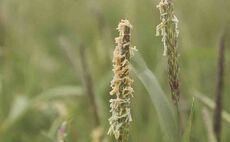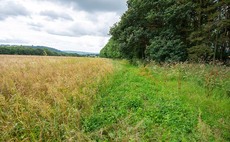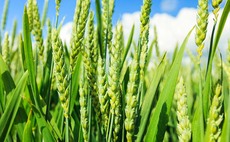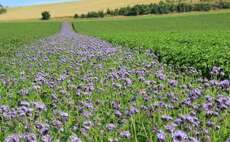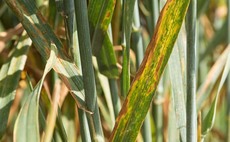Agronomy
Arable
Practical glyphosate application guidelines, published by the Weed Resistance Action Group (WRAG), aims to help arable growers reduce the increasing risk of glyphosate resistance developing in grass-weeds.
Arable
The result of the temptation to drill earlierlastautumn to ensure crops were safely in the ground is evident insome fields as highnumbers of black-grass headsemerge above the crop.
Arable
�������� are being asked to assist in a new study looking at the spread of rat’s tail fescue, a grass-weed that is already posing problems in France, Switzerland, Spain and Denmark - and is now starting to take hold in England
Arable
What a rollercoaster ride this season is turning out to be; cold, dry, hot and wet, spring has had a bit of summer, autumn and winter in its making.
Arable
Spray quality is key to achieving full protection of the ear and deposition should override output.
Arable
McCain has pledged to implement regenerative agriculture practices across 100 per cent of its global potato acreage — representing 150,000 hectares by 2030.
Arable
Cooler temperatures have so far halted septoria progress, but the disease is expected to ramp up in the coming weeks following the bout of warmer weather.
Arable
Warmer temperatures are encouraging aphids to fly, and an increase in aphid numbers is now being widely reported and recorded across the British Beet Research Organisation’s (BBRO) yellow water pan network.
Arable
June will be a key month for the British potato crop. Across the country, development is late, but warm weather could transform the crop which now has plenty of access to water.
Arable
A new study by the Game & Wildlife Conservation Trust (GWCT) has found that a simple field-based monitoring system run by farmers, could help reduce the use of��insecticide spraying��to tackle��BYDV.

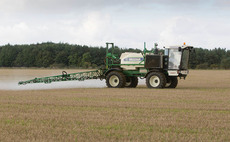
 16 June 2021
•
2 min read
16 June 2021
•
2 min read
